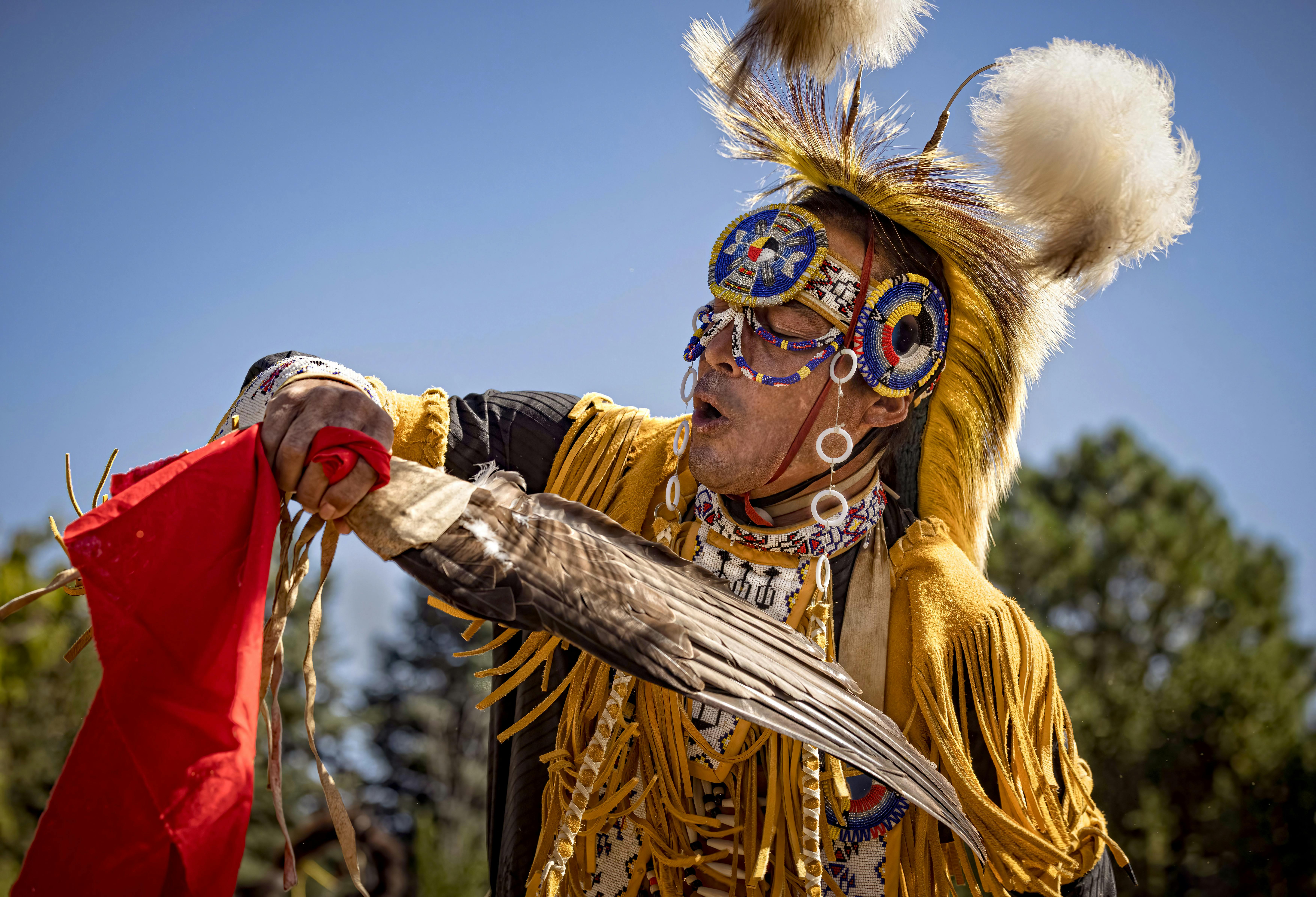On December 6, 2023, as a part of the White House Tribal Nations Summit, the U.S. Department of the Interior (Interior) announced a Final Rule (rule) which updates regulations for the Native American Graves Protection and Repatriation Act (NAGPRA). NAGPRA was enacted in 1990 to provide a process for all Indian tribes, Native Hawaiian Organizations, and or lineal descendants to reclaim their ancestor’s human remains, funerary objects, or sacred objects. However, several Indigenous communities have expressed frustration with the repatriation process because many museums, Federal agencies, universities are not complying with NAGPRA. The Final Rule became effective January 12, 2024, and is available here.
This new rule comes after several meetings between Tribal leaders and Interior representatives over the course of two years. Tribal leaders testified about the untimely completion of NAGPRA repatriations. According to the National Park Service’s NAGPRA inventory database, more than 100,000 Indian remains have yet to be repatriated. The new rule is intended to increase transparency and reporting of holdings or collections so that these items can finally be returned.
There have been several key changes with this new rule that are intended to strengthen authority for tribes under the rule. For example, in the identification of remains or cultural objects, deference will be given to tribal knowledge holders. The rule was also clarified to provide a step-by-step roadmap of the repatriation process with specific timelines for museums and Federal agencies to facilitate disposition or repatriation. Additionally, museums or institutions must now obtain consent from Indian tribes, descendants, or Native Hawaiian Organizations for any exhibitions, access, or research involving human remains or cultural items.
Patterson Earnhart Real Bird & Wilson LLP is dedicated to the representation of American Indian tribes, tribal entities, and individual Indians across the United States. Our mission is to support and advance the sovereignty, self-sufficiency, and self-governance of our tribal clients.
To learn more about how we can assist your tribe, contact our DC office at 202-434-8903.

